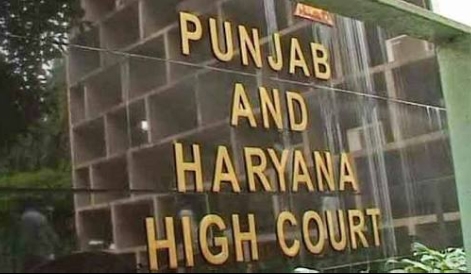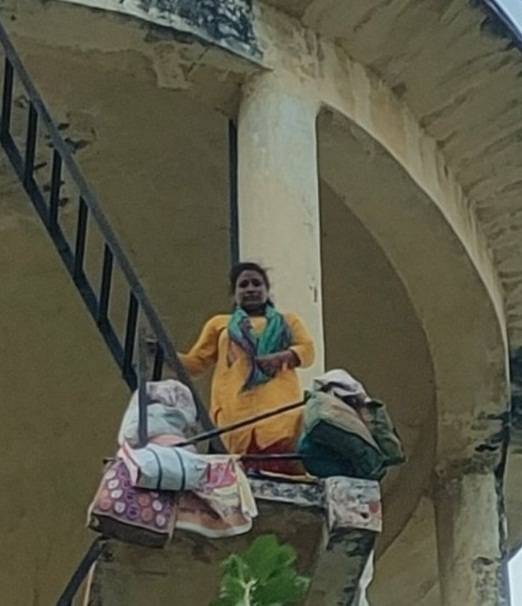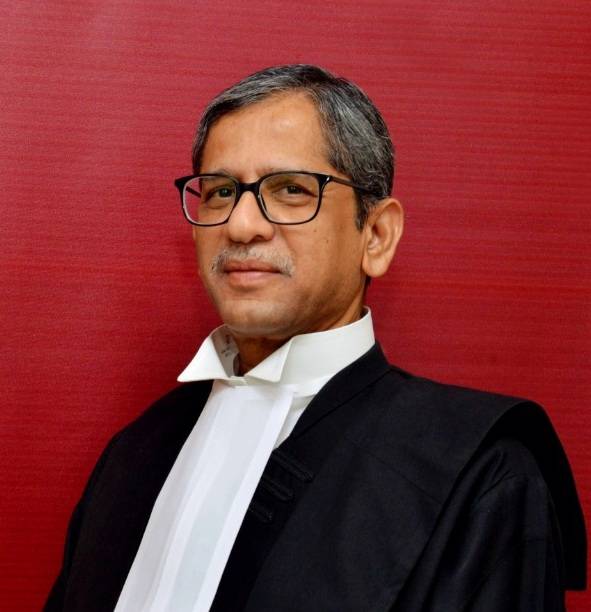She also initiated projects, such as the production of newspaper and fabric bags, to offer employment to female laborers, enabling them to face the “tough times” with dignity and economic stability…reports Asian Lite News
In a groundbreaking milestone for the Punjab and Haryana High Court, Justice Ritu Bahri has made history by becoming the first woman to assume the role of acting Chief Justice. This historic announcement came on the eve of the retirement of Chief Justice Ravi Shanker Jha, underscoring Justice Bahri’s position as a pioneering figure in the legal realm.
Born on October 11, 1962, in Jalandhar, Justice Ritu Bahri hails from a family deeply rooted in the legal profession. Her lineage is marked by legal luminaries, including her great-grandfather, the late Karam Chand Bahri, a renowned civil lawyer. Her grandfather, the late Som Dutt Bahri, not only followed in his footsteps but also served as a Punjab MLA from 1952 to 1957. Justice Bahri’s father, Justice Amrit Lal Bahri, retired as a judge of the Punjab and Haryana High Court in 1994, affirming the family’s steadfast commitment to justice and the rule of law.
Justice Bahri embarked on her illustrious legal journey when she pursued her law degree at Panjab University in 1985. Her career is marked by a string of accomplishments, reflecting her unwavering dedication to justice and societal welfare. Notable roles include serving as the Haryana Assistant Advocate-General in 1992, Deputy Advocate-General in 1999, and Senior Additional Advocate-General in December 2009. Her ascent in the legal field stands as a testament to her legal acumen and dedication to the law.
However, what truly distinguishes Justice Bahri is not just her legal expertise but also her profound compassion and commitment to humanitarian causes. During the challenging period of the Covid-19 pandemic, she exhibited remarkable leadership by providing homes to economically disadvantaged individuals and low-income groups. She also initiated projects, such as the production of newspaper and fabric bags, to offer employment to female laborers, enabling them to face the “tough times” with dignity and economic stability.
Justice Bahri recognized the critical importance of education and social equity. She bridged the educational divide between urban and rural school students by distributing books, toys, and snacks, ensuring that every child had access to educational resources and opportunities. Her dedication to justice extends to family matters as she championed the cause of shared parenting between estranged couples, advocating for the welfare of children caught in the midst of parental separation.
As Justice Bahri takes on the role of acting Chief Justice, her appointment represents not only the advancement of women in the legal profession but also her unyielding commitment to justice, equality, and humanitarian values. Her unique blend of legal expertise and social consciousness positions her as a formidable presence in the legal community and a source of inspiration, especially for aspiring female lawyers.
In an era when diversity and inclusivity take center stage in conversations, Justice Ritu Bahri’s appointment as the first woman acting Chief Justice of the Punjab and Haryana High Court is a pivotal moment in the annals of legal history. Her legacy will undoubtedly leave an enduring mark on the pursuit of justice and equality in the region, and her journey stands as a shining example of what can be achieved through dedication, compassion, and an unwavering commitment to the law.
ALSO READ-PERSECUTION: Sikh, Christian leaders meet Chief Justice of Pakistan






